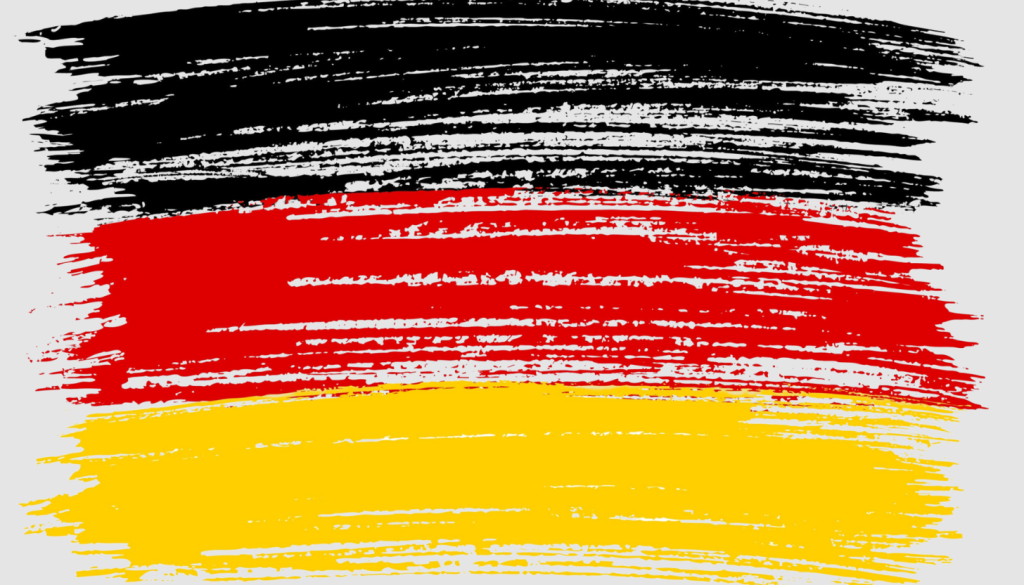Listen to the article
Germany’s Disinformation Landscape Intensifies Amid Rising Foreign Interference
Foreign information manipulation and interference (FIMI) has evolved from an emerging concern to a persistent threat in Germany, according to an updated analysis by EU Disinfolab. The report, authored by senior researcher Raquel Miguel, revisits challenges identified in a 2023 assessment and highlights how the German information environment has transformed over the past two years.
Germany remains a primary target for Russian propaganda campaigns, a trend that predates the full-scale invasion of Ukraine but has significantly intensified since then. Notable Russian influence operations such as “Doppelganger” and “Overload” have repeatedly attempted to shape German public opinion, particularly regarding the war in Ukraine.
These sophisticated campaigns aim to erode support for Ukraine, manipulate public discourse, and sow institutional distrust while deepening political and societal divisions. Beyond the war context, these operations have exploited polarizing domestic issues including migration, gender rights, economic concerns, and electoral politics.
The 2024-2025 German electoral cycle has been marked by the dramatic rise of the far-right Alternative für Deutschland (AfD) party, which finished second in all federal states except Thuringia, where it emerged as the leading party. This period witnessed intensified disinformation efforts, with conspiracy theories circulating widely online alongside FIMI campaigns.
Leaked documents from the Russian influence agency Social Design Agency (SDA) revealed that one of Russia’s stated goals was to help the AfD reach at least 20% of the national vote. While the party’s success cannot be attributed solely to foreign interference, it raises serious concerns about the intersection of domestic politics and foreign manipulation.
Some AfD members face ongoing investigations for alleged participation in Russian influence efforts, including politician Petr Bystron, who denies the accusations. The party has also received public support from members of the new U.S. administration under Donald Trump, notably Vice President J.D. Vance and Elon Musk, who has been accused of leveraging his platform X to amplify AfD messaging.
The AfD’s designation as a “confirmed right-wing extremist initiative” at the national level by the Federal Office for the Protection of the Constitution in early May 2025 was temporarily suspended days later by a court in Cologne, with final classification still pending.
Migration continues to be a central and polarizing issue in German political discourse, playing a significant role in the rise of the far right. While mainstream parties have largely converged on stricter immigration policies, the AfD has escalated the debate, most notably through a controversial meeting in Potsdam where members reportedly discussed plans for “remigration” that could target German citizens with migration backgrounds, according to research by CORRECTIV.
Disinformation campaigns have amplified anti-migrant sentiment through widespread hoaxes falsely alleging criminal behavior by migrants or claiming they receive disproportionate social benefits—narratives designed to stoke fear and resentment.
Climate disinformation has also intensified since EU Disinfolab’s first report identified it as an emerging threat. This escalation has been influenced partly by global political shifts, including Donald Trump’s return to the U.S. presidency, which has emboldened climate-skeptical actors internationally. In Germany, the AfD has positioned itself at the forefront of climate denialism.
Health disinformation remains a concern, with Germany’s longstanding tradition of alternative medicine continuing to create vulnerability. Many narratives developed during the COVID-19 pandemic are now being replicated and reused in other contexts, such as discussions around bird flu.
Public awareness of these threats has grown, prompting stronger responses from both governmental institutions and civil society. While disinformation challenges have intensified, recognition of the problem has increased, leading to more concrete countermeasures throughout German society.
The updated analysis was funded by the Friedrich Naumann Foundation for Freedom, though EU DisinfoLab notes that the factsheet does not represent an endorsement of any organization.
Fact Checker
Verify the accuracy of this article using The Disinformation Commission analysis and real-time sources.



